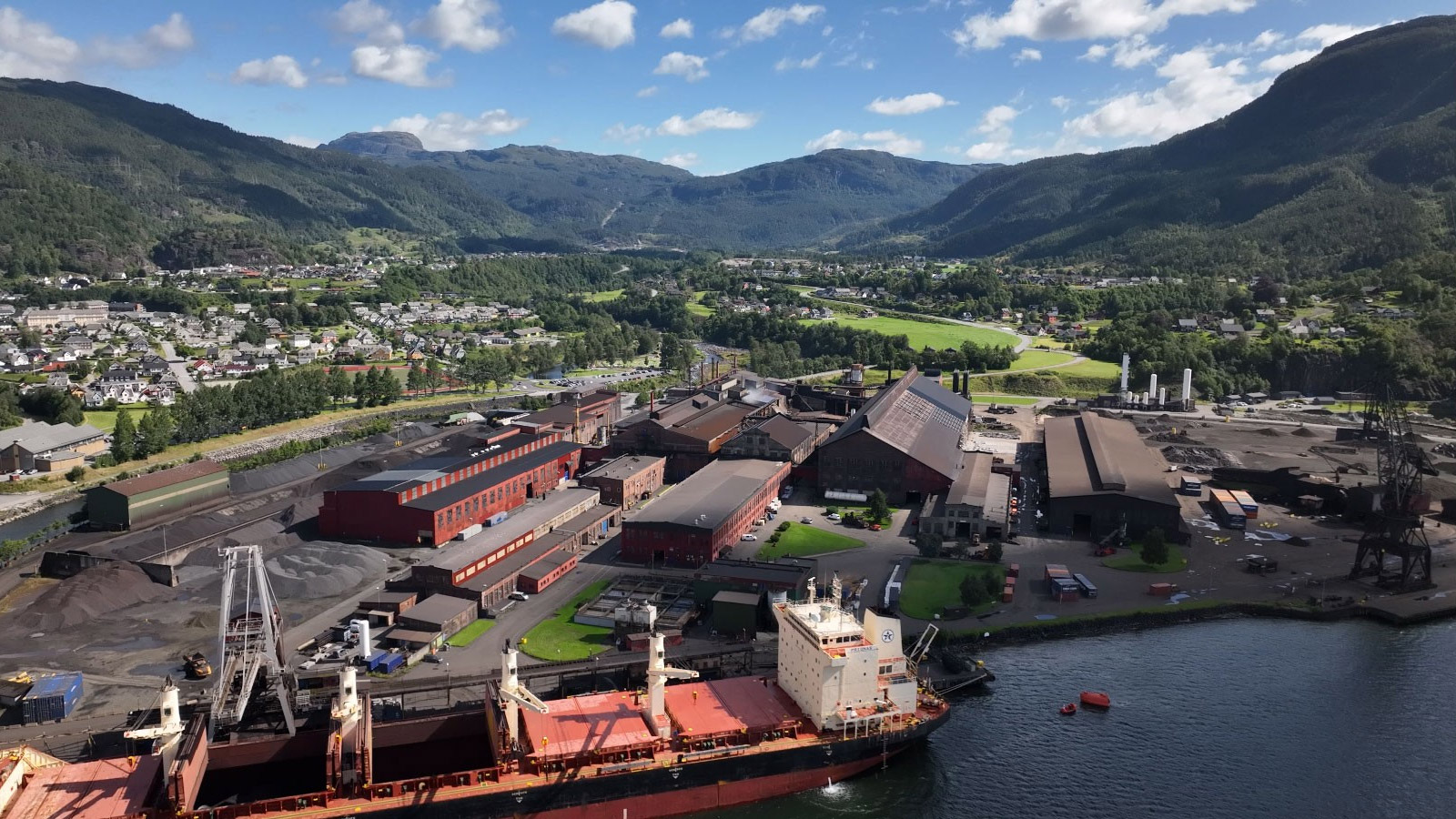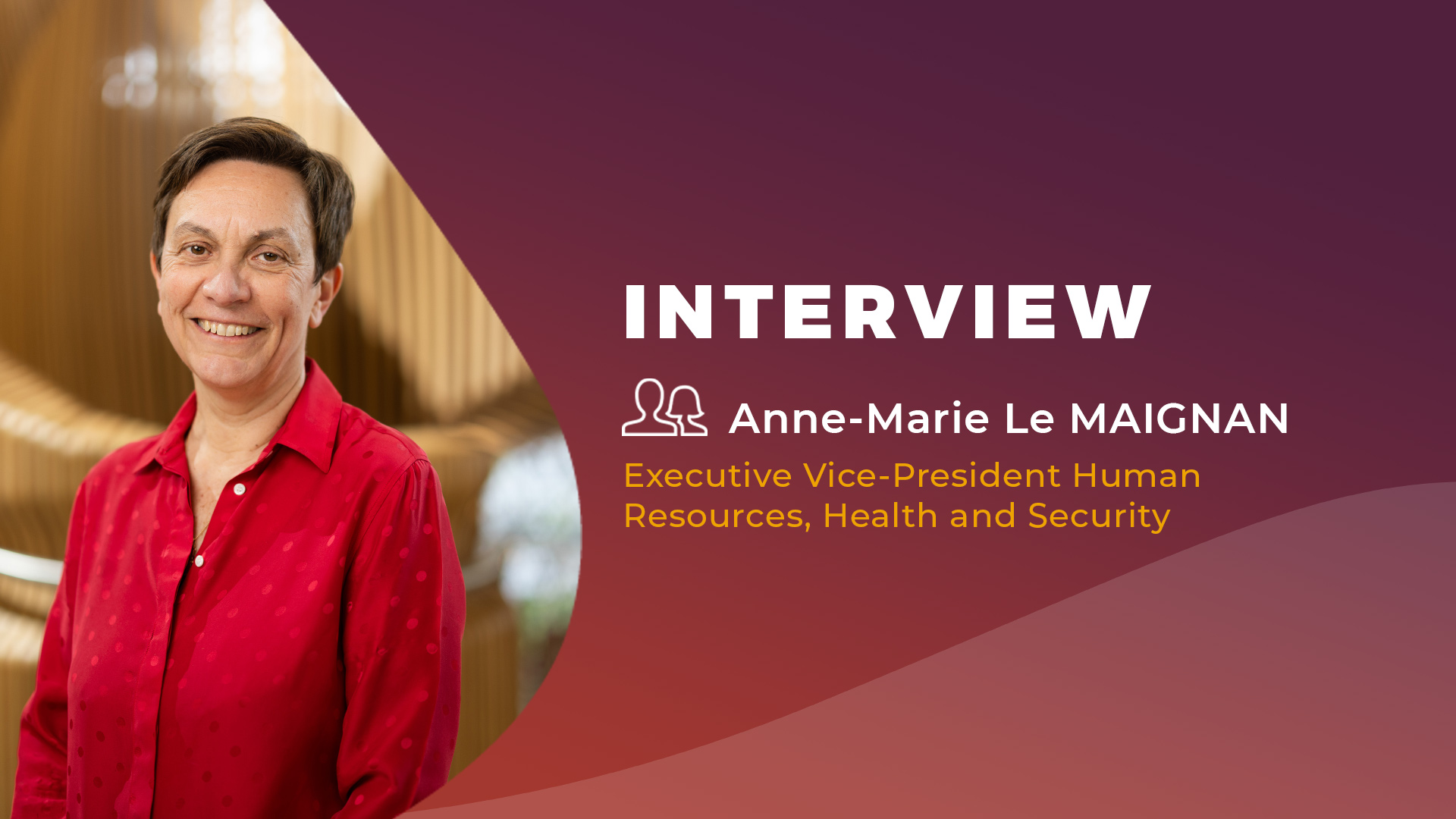Thanks to its long-standing commitment to reducing its impact on the environment and climate, Eramet Norway is among the best companies in its sector with a carbon footprint that is less than 40% of the average.
At the end of March 2023, Eramet Norway was rewarded for its efforts in this area by Enova with a €12 million (NOK 132 million) grant supporting two projects to optimize its energy consumption and minimize its CO2 emissions.
Recovering, transforming, storing
The gas emitted by the pyrometallurgical furnaces of the Sauda plant, which are today in majority flared, generate CO2. The gas also represents a potential source of energy which is currently unused.
To reduce the impact on the climate and optimize its energy consumption, Eramet Norway has been testing a gas engine since 2021, which uses furnace gas to produce electrical and thermal energy. The next step is to install six additional engines to recover as much energy as possible. This full-scale energy recovery unit (ERU) will provide more than 12 MW of power, corresponding to more than 90 GWh per year of electrical energy and about 150 GWh per year of thermal energy.
As for the CO2 present in these gases, Eramet Norway is planning to build a testing pilot that will optimize the performance of the carbon capture process within the metallurgical field. This pilot will also serve to develop a full-scale capture plant which is to be commissioned in 2028. The CO2 captured at the Sauda plant will then be safely transported and permanently stored under the sea bed, in a process known as Carbon Capture and Storage (CCS).
In the future, these two innovative initiatives could be replicated in the Group’s other manganese alloy plants in Norway, Gabon, France and the United States, thereby helping to reduce Eramet’s greenhouse gas emissions and, why not, benefit other players in the sector.



